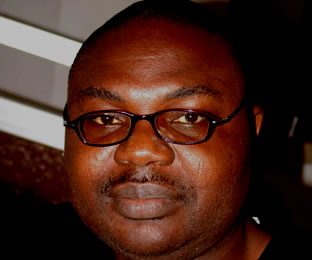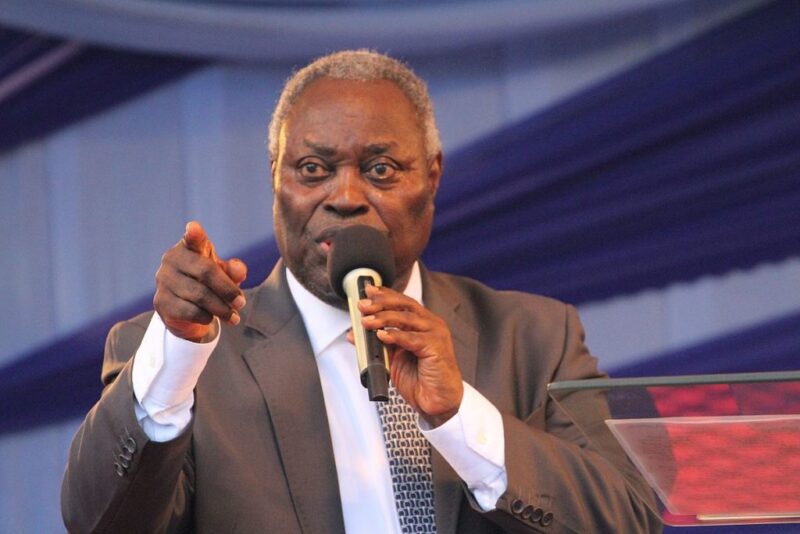Global Issues
Ansa Asamoa and the Ghanaian Revolution -By Sylvester Odion Akhaine

Ansa belongs to the pantheon of African thinkers embracing those in the continent and in the diaspora, such as Kwame Nkrumah, Julius Nyerere, Leopold Senghor, Patrice Lumumba, Obafemi Awolowo, Thomas Sankara, Steve Biko, Amical Cabral, Aime Cesaire, Marcus Garvey, George Padmore, Frantz Fanon and Walter Rodney. Ansa tried to provide answers to some of Africa’s developmental problems.
I received with rude shock a few months ago the news of the mortal passage of one of Africa’s illustrious sons, Professor Ansa Asamoa. Despite the inevitability of death in the scheme of earthly men and women, often, it comes as a surprise to its victim and the latter’s circle of acquaintances. I knew Ansa, first, by reputation as an intellectual and his contribution to the reform process in Ghana during the Provisional National Defence Council (PNDC) years. The PNDC years ― whatever may be the shortcomings of that experiment, with the preceding June 4, 1979 event ― rekindled the hopes of Ghanaians for a better future.
In life, only few men and women have the opportunities to serve their country in a pivotal position. I met the ‘man in the Castle’, as he was fondly called in the PNDC years, during my doctoral field work in the first half of 2003. My interview with him gave insights into the dynamics of the Ghanaian ‘revolution’ and its reversals, underscored by the embrace of the International Monetary Fund (IMF) and World Bank inspired adjustment policies. In the context of the emerging post-Cold War world order then, with the collapse of the Soviet Union and the free reign of neo-liberal actors, or merchants of market forces, this was understandable.
Reflecting on human rights and its inverse relation to the Western conception of human rights, he said, “before you can say you are free, you must enjoy the basic necessities — shelter, daily food, means of subsistence, free access to education, health care…” The point to take away here is that Ansa served his fatherland, Ghana with everything he had. I am not sure how much attention the Ghanaian state gave him in his retirement years. I and Kingsley Agomor of the Ghana Institute of Management and Public Administration (GIMPA) tried to see if we could re-issue some of his works, especially, Socio-economic Development Strategy of Independent African States: The Ghanaian Experience. Impressively, it was re-issued by the Ghana Universities Press. He brilliantly argues in that work that “imperialism has never genuinely financed and will never support self-reliant economic development strategy in a neocolony, irrespective of the latter’s ideological orientation, because it is not in its interest to do so.”
Ansa belongs to the pantheon of African thinkers embracing those in the continent and in the diaspora, such as Kwame Nkrumah, Julius Nyerere, Leopold Senghor, Patrice Lumumba, Obafemi Awolowo, Thomas Sankara, Steve Biko, Amical Cabral, Aime Cesaire, Marcus Garvey, George Padmore, Frantz Fanon and Walter Rodney. Ansa tried to provide answers to some of Africa’s developmental problems. He did his best on this score, both in the academia and in government. He served the continent’s emancipation goal. Rest in peace, my senior comrade.
Odion Akhaine, a Professor of Political Science at the Lagos State University, is a member of the Editorial Board of The Guardian newspaper.




















